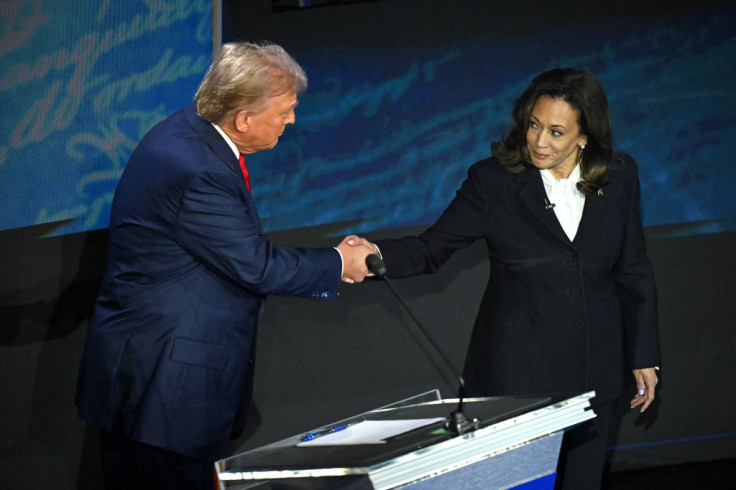
More than $3.6 billion has been bet on the 2024 race for the White House, with gamblers overwhelmingly favoring former President Donald Trump over Vice President Kamala Harris — despite polls that show the contest is a toss-up.
The wagering is taking place in so-called prediction markets, where online bettors can purchase yes-or-no contracts that function like derivatives based on which candidate they think will win.
Polymarket has the lion's share of the action, with more than $2.6 billion in volume, according to data posted on its website Tuesday.
But the company isn't allowed to accept wagers from Americans after agreeing in January 2022 to pay a $1.4 million civil penalty to settle allegations by the Commodity Futures Trading Commission that it was running an unregistered exchange.
Another company, Kalshi, began taking bets from Americans this month after successfully suing the CFTC. Its presidential election webpage showed over $100 million in volume Tuesday.
The ForecastEx company also allows Americans to trade election contracts through Interactive Brokers and Robinhood, which began offering the option to a limited number of its customers on Monday.
All of the sites showed Trump with a predicted chance of winning between 64% and 67%.
By comparison, polling averages compiled by the FiveThirtyEight website showed dead heats in three of the seven battleground states expected to decide the election.
The others were split 3-to-1 for Trump, whose leads were just 1 or 2 percentage points, well within the margins of error of the underlying polls.
Meanwhile, questions have been raised about the influence of deep-pocketed bettors on the odds on the election prediction markets, which showed the presidential race even earlier this month.
On Thursday, Polymarket told the New York Times that an unidentified French national with "extensive trading experience and a financial services background" was behind four accounts that at the time had bet a total of about $28 million on Trump.
Polymarket said that it hadn't found any evidence of attempted market manipulation and that the gambler was "taking a directional position based on personal views of the election."







